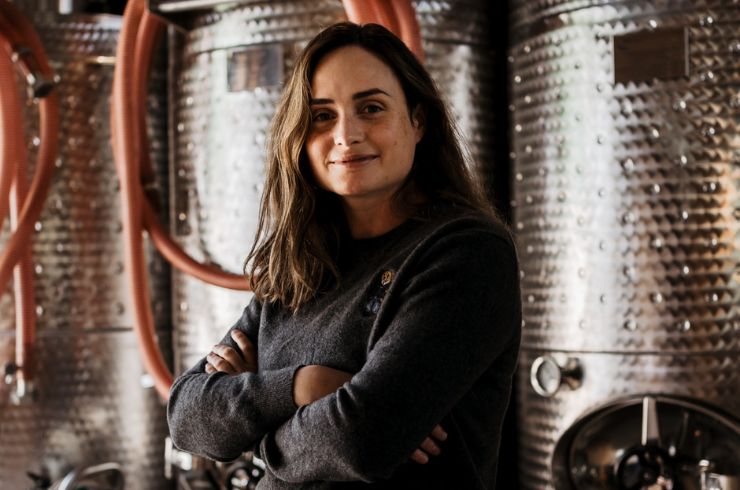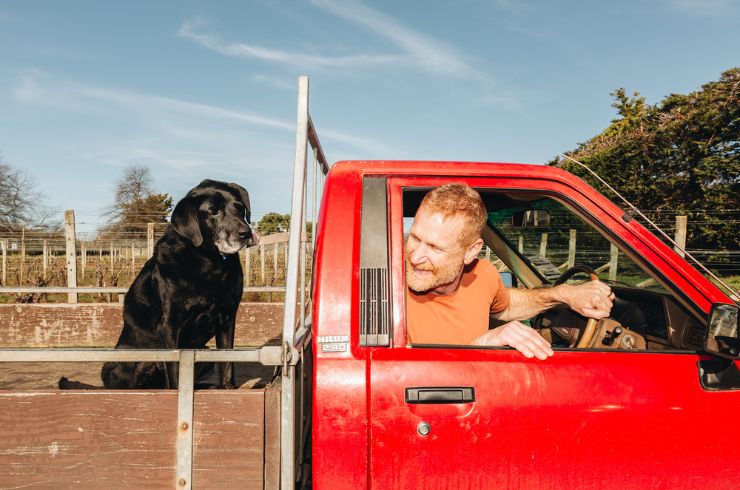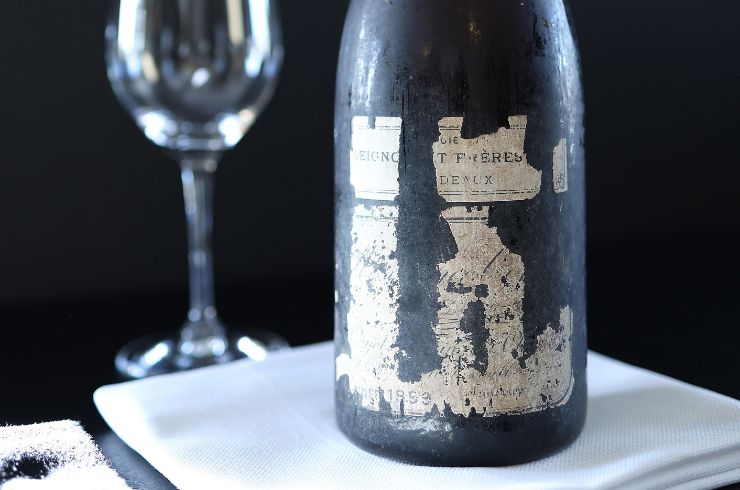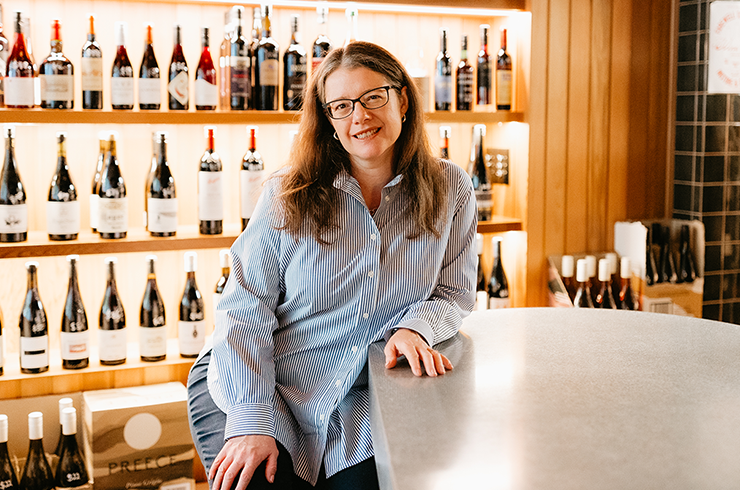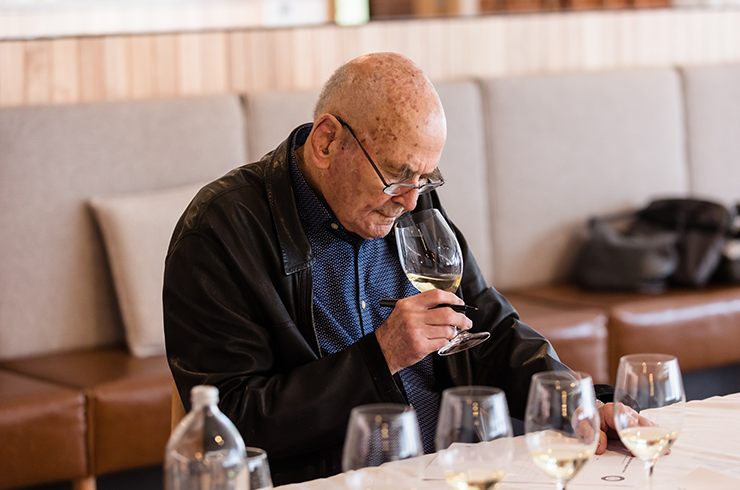The Hunter Valley wine region punches well above its weight, with a cluster of supremely talented winemakers who have access to incredible vineyards. It's no surprise that it's home to some of Australia's best wines. Despite the consistently high quality, some wine drinkers hold outdated perceptions that no longer reflect the Hunter Valley's contemporary styles, diversity and innovation. Rolling generational change is leading many wineries to adopt a different approach.
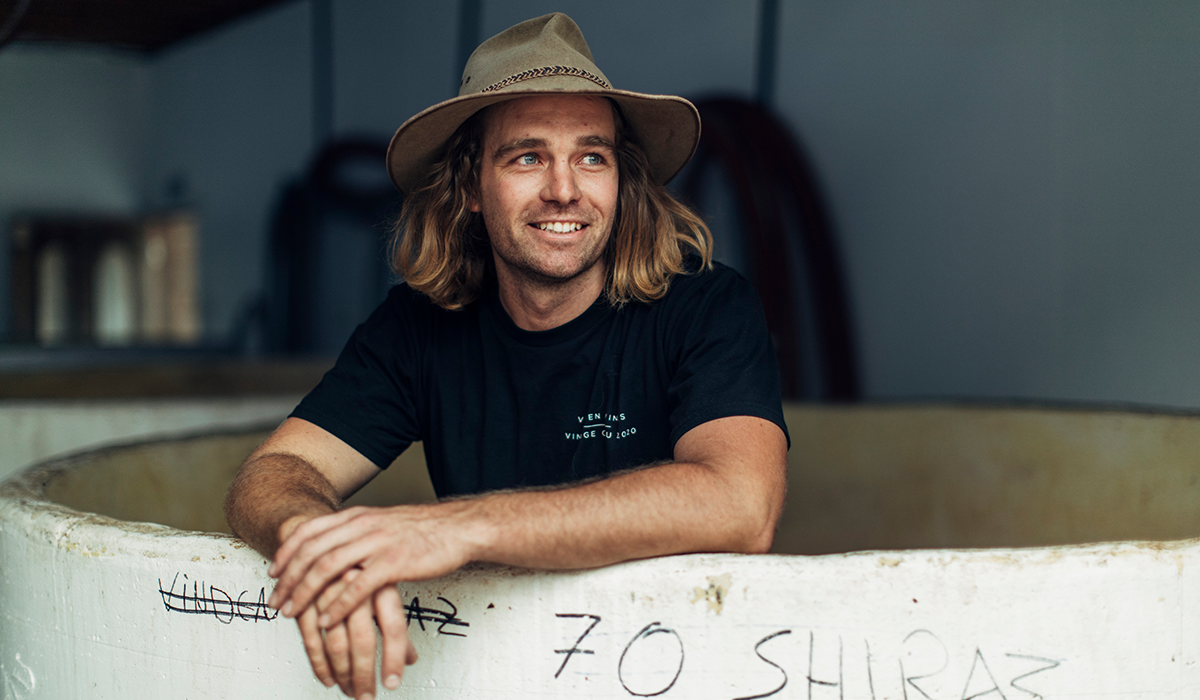
The Hunter Valley's next generation of winemakers
The wines are less oaky, more fruit-forward and vibrant, aligning perfectly with modern drinking preferences. There is also greater breadth in winemaking techniques, giving rise to increased style diversity. The wines of Ollie Margan at Margan Wines and Angus Vinden of Vinden Wines are great examples of this.
It's thrilling to see the increased confidence of winemakers, who proudly make wine their own way, highlighting and believing in their strengths and placing increased focus on the many unique single sites found throughout the valley. An impressive unity is evident, with wineries and the wider community working together for the greater good of the region.
This is proudly displayed at the Hunter Valley Wine Show, which runs like clockwork. Many a judge has looked up from their tasting bench, starstruck by the sight of the stewards – some of the region's leading winemakers – who work tirelessly doing all manner of unglamorous jobs, like emptying spittoons and clearing dirty glassware.
While the Hunter has always been supportive of young winemakers, resulting in the region's reputation as a hotbed for launching emerging talent, with Sarah Crowe of Yarra Yering and Samantha Connew of Stargazer being among the most notable alumni, it is also ever respectful of tradition.
The younger generation willingly taps into the wisdom of those who have tended the vines for a lifetime, understanding that a half-century of experience trumps anything one can research online.
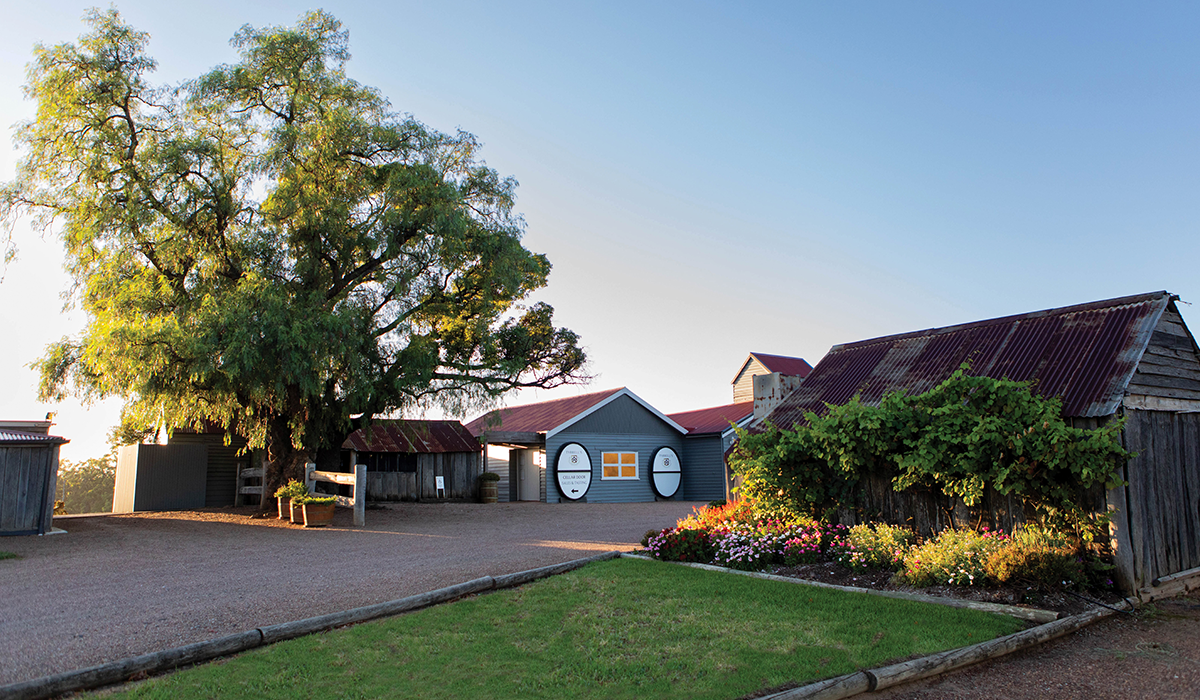
Hunter Valley semillon
Semillon is the variety that defines the region, and rightly so. Hunter Valley semillon is one of the world's iconic varietal and regional synergies, refreshing and cleansing when young, and multi-layered, complex and beguiling with age. But the semillon made two decades ago vastly differs from today's styles. No longer water-white and austere on release; instead, the best wines bloom with white flowers and citrus, backed by intensity, acidity, power and length, albeit in a tidy, youthful package.
Best Hunter Valley semillon
Tyrrell's Wines is a master of the modern-day style, always drawing on its heritage and championing its extraordinary old vineyards. Yet, it has continually refined and contemporised its offering to remain as relevant to today's fine wine consumer as ever.
Other modern masters of semillon include Brokenwood, De Iuliis, First Creek Wines, Silkman Wines, Thomas Wines and Pooles Rock. And while the prevailing belief is that the best semillon is grown on sandy alluvial flats, Charteris Wines offers an alternative, highly flavoursome version with the '23 Pokolbin Selection Semillon, sourced from the Hillside vineyard with its red clay loam.
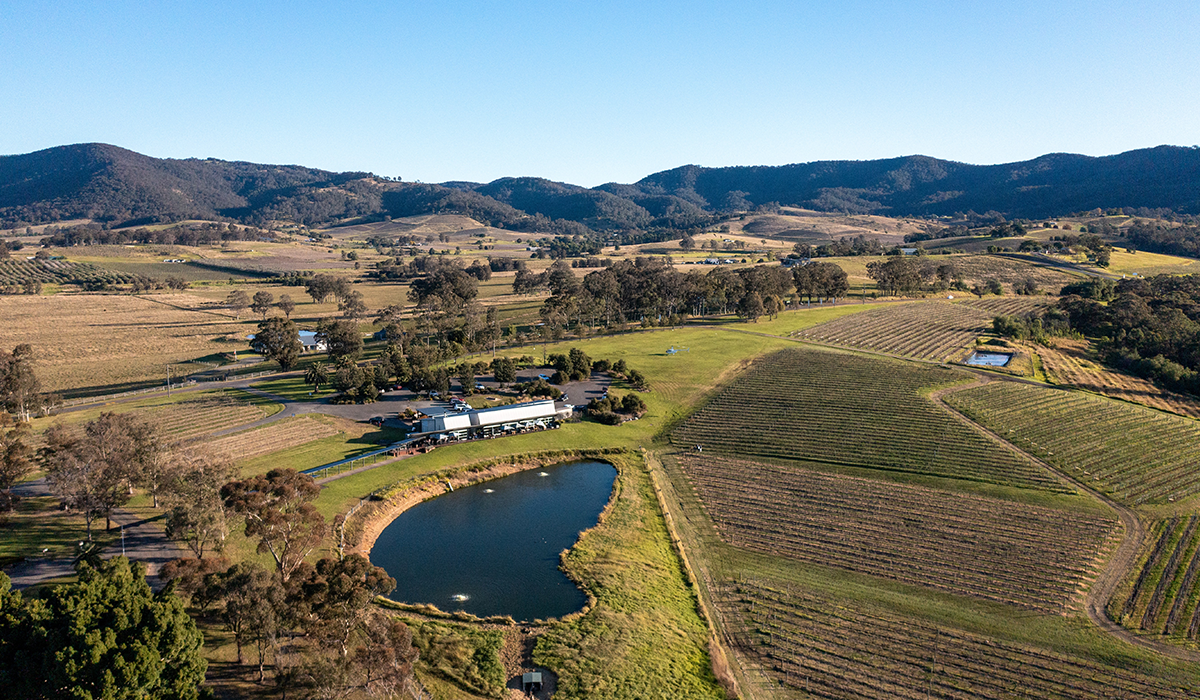
Hunter Valley chardonnay
However, when talking about white grapes, Hunter Valley chardonnay is as important to the conversation as semillon, perhaps even more so, as its style and quality can be directly compared to other Australian regions.
For the finest examples with great layers, balance and complexity, seek out chardonnays from Tyrrell's ('22 Vat 47 Winemaker's Selection), Silkman ('22 Reserve) and the beautiful wines crafted by Xanthe Hatcher of Pooles Rock and Audrey Wilkinson ('23 Chardonnay). If you are after plentiful stone fruit, look for the '23 Lake's Folly and '23 Brokenwood Oakey Creek. And for those who love chardonnays with complex sulphides and top-quality fruit, try the '22 Winmark Icon 72.
While semillon and chardonnay make up the bulk of white wine produced in the region, followed by crowd-pleasing verdelho with its stone fruits and spice, the varietal spectrum is widening. Fiano, an ancient white grape of the Campania region of Southern Italy, is asserting itself as a serious new player. Its drought tolerance and relative resistance to botrytis, due to its thick skin and loose bunches, make it an ideal choice for this humid region. It has good palate weight, is supported in some wines by a complex matrix of phenolics, and has engaging quince, green pear, and citrus flavours, plus occasional floral accents, nut biscuits, and spice.
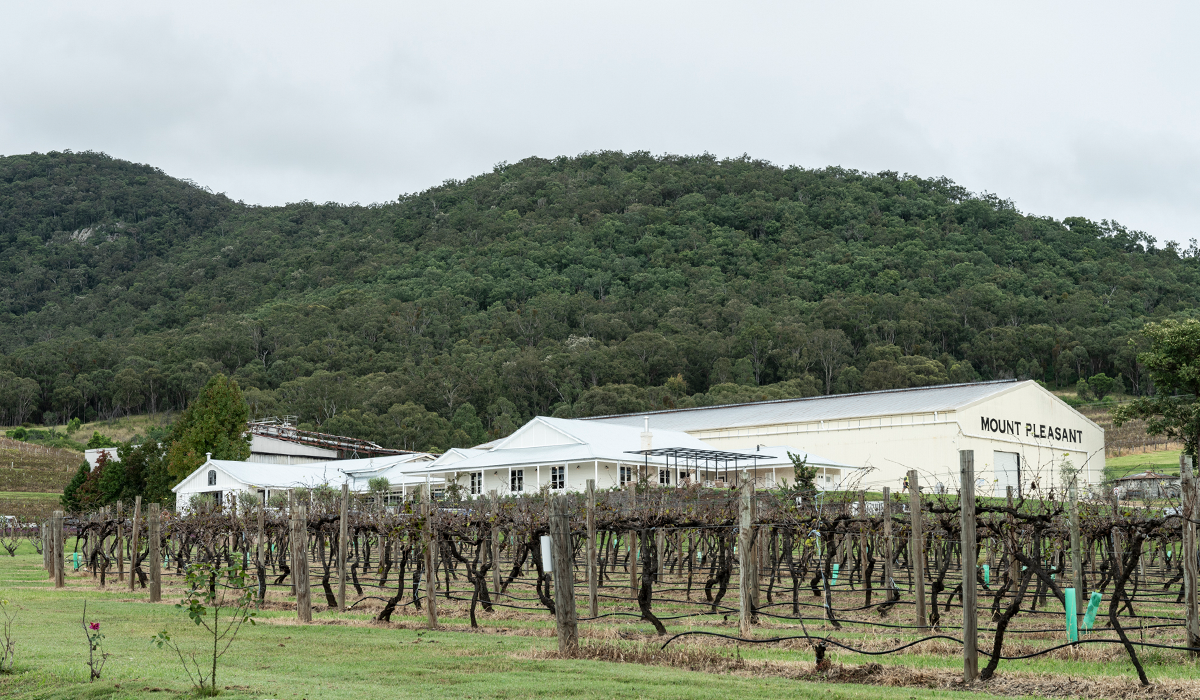
Best alternate Hunter Valley white wines
You’ll also find small plantings of vermentino, gewürztraminer, prosecco (glera), grüner veltliner and viognier, plus great examples of chenin blanc (Vinden), albariño (Margan and Briar Ridge), muscat of hamburg (Sobels), pecorino (The Little Wine Company), arinto (Whispering Brook), and marsanne/roussanne (Meerea Park).
Hunter Valley shiraz
Shiraz is the red that underpins the region. Medium-weight and expressive with a red fruit profile, it provides a welcome alternative to the weightier styles from other parts of Australia.
Excellent shiraz is found throughout the valley, from the lighter shiraz-pinot blends of Silkman, concentrated styles like the '22 Hungerford Hill Epic, the supple, spice-laden '22 Keith Tulloch The Kester, and thoroughly modern examples from Vinden Wines and Mercer. But it's the wines made from vines of significant age that deserve special attention.
Best Hunter Valley shiraz
The old Mount Pleasant plantings, dating back to 1880, produce extraordinary wines with brightness, supple fruit, intense flavours, and fine tannins. Maurice O'Shea planted the oldest plot on the Rosehill Vineyard in 1946, and another old block, planted under Brian Walsh's stewardship, dates to 1965.
Brokenwood's Graveyard vineyard was planted in 1968, and the Tallawanta vineyard, managed by Brokenwood, dates back to 1920. The '22 Thomas Wines Kiss Shiraz comes from the Pokolbin Estate vineyard, planted in 1969. And Tyrrell's has a host of iconic vineyards, including Old Patch (1867) and Johnno's (1908).
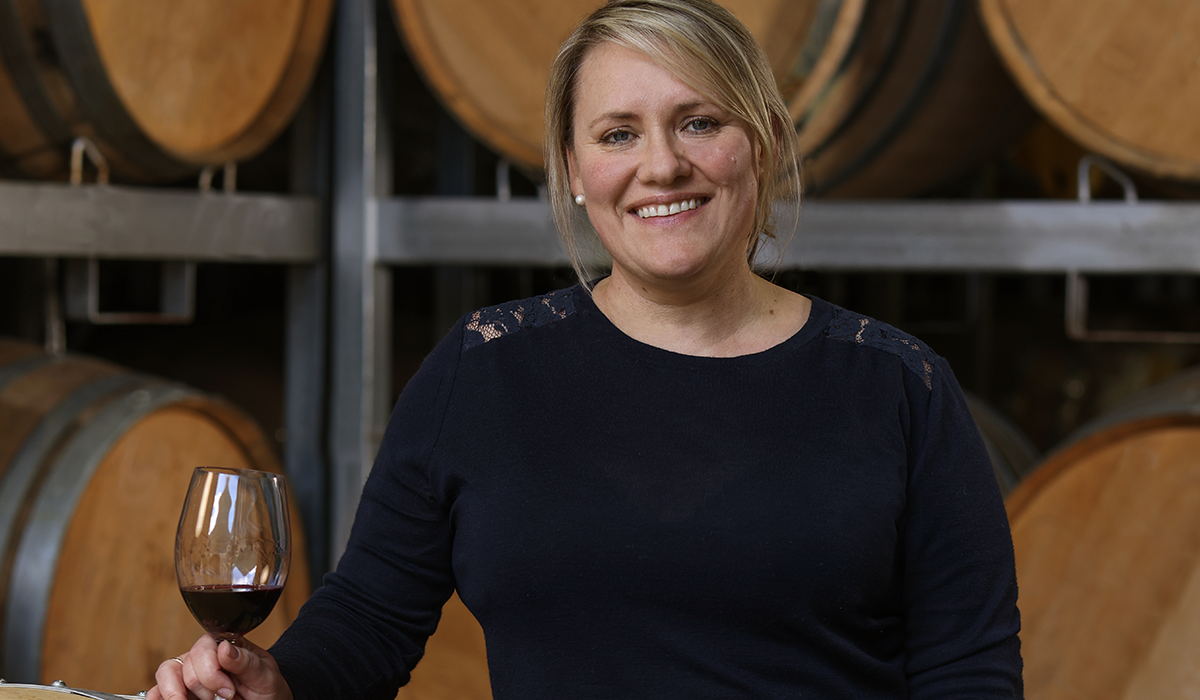
Best Hunter Valley red wines
In addition to the classic European varieties of cabernet sauvignon, cabernet franc, pinot noir and merlot, you will find significant plantings of tempranillo, of which the '22 Mount Pleasant Estate Grown is a savoury, structural example. There are also small pockets of sangiovese, montepulciano, mourvèdre and touriga nacional.
Within the Hunter Valley zone lie the Hunter region and its subregions: Broke-Fordwich, Upper Hunter Valley, and Pokolbin, which add to the diversity of the region's wines. With the Hunter's location well-positioned near other regions, select producers source grapes from wider NSW to aid diversity. These include piquepoul blanc from the Central Ranges (Saddler's Creek), pinot gris from Hilltops (Boydell's and Hungerford Hill), and fiano from Hilltops (Hungerford Hill) and Gundagai (Audrey Wilkinson). A small number of producers, such as Brokenwood, Briar Ridge, Saddler's Creek, and Krinklewood, also have grape-sourcing relationships, or vineyard holdings, outside the state.
The Hunter is a small region with a loud voice that presents a perfect blend of the new and the old, striking an admirable balance between innovation and tradition. And with the reigning 2025 Halliday Winemaker of the Year, Liz Silkman, making a host of wines throughout the valley, the Hunter more than deserves its share of the spotlight.
Ready to learn more? Expand your knowledge with Halliday Wine Academy
Halliday Wine Academy offers an in-depth view of the Australian and international wine landscapes. Select Introduction to Wine to learn about Australian wine and regions or choose Wines of the World (part one) to get to know international wines.Through Introduction to Wine, students will learn about Australian wine and wine regions, how wine is made, how to taste and describe wine, how to approach food and wine matches, along with handy tips that address common wine questions. And in part one of our Wines of the World course, discover and explore the iconic wines, regions and laws of France, Spain, Portugal, Hungary, Germany and Austria.
Latest Articles
-
![Default article tile image]()
Travel
48-hours-in-Christchurch
1 day ago -
News
How Wine on Mars is building a fairer, more transparent landscape for Australian wine
1 day ago -
From the tasting team
Curious, diverse, confident: Mike Bennie on Wairarapa
26 Feb 2026 -
News
Why a co-owner of Bass Phillip decided to taste, instead of trade, this 127-year-old bottle of wine
26 Feb 2026

